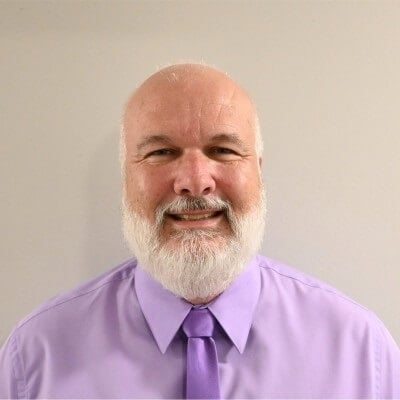Ken McCarthy, PCI, sat down with us to discuss his upcoming webinar about how to protect the mental wellbeing of security professionals in the face of their often emotionally strenuous work. To learn more about the webinar on 1 May or register now, go here.
Q: How did you become interested in mental wellbeing in the security space?
A: I have always had an interest in this subject, having led teams of security professionals and investigators over the past 14 years. I thought I knew the warning signs, prevention activities, remedies, and best practices. I am sure I did, but simply knowing them without truly understanding and putting them into daily practice resulted in me getting completely “knocked off my feet” following a particularly unsettling experience in one of my investigations.
Q: What advice would you give security professionals curious about protecting their mental health and that of those around them?
A: As tough as many of us are, given what we are exposed to on a regular basis, there is no such thing as zero risk. We are all targets. Security professionals should take the time to understand the topics of trauma, vicarious trauma and compassion fatigue on themselves and their teams. They should plan their workloads and case assignment around these topics, talk about them, and have practices in place to prevent and resolve them
Q: Why should security professionals be aware of mental wellbeing?
A: Trickles of exposure to other peoples’ trauma can sneak up on you and impact you immensely. They can burn you out, shut you down. They can change the way your brain works, damage your reputation and relationships, and cost you money. Staying ahead of them will help you as an individual, and as a leader of your team.
 Ken McCarthy, PCI, is the founder and president of Integrity By McCarthy Inc., based out of Ottawa, Ontario, Canada. McCarthy is also currently a licenced private investigator in the provinces of Ontario and Alberta. Previously, McCarthy worked as an executive for the Canada Border Services Agency, where during the final 10 years of his career, he led a workplace investigations program and a personnel security clearance program for a workforce of over 15,000 employees. His experience with the often devestating consequences of workplace harassment, violence, wrongdoing and fraud on individuals and organizations, from issues related to mental health, absenteeism, and presenteeism; to organizational reputation damage and financial losses, led him to be more focused on the importance of mental wellbeing in the security space.
Ken McCarthy, PCI, is the founder and president of Integrity By McCarthy Inc., based out of Ottawa, Ontario, Canada. McCarthy is also currently a licenced private investigator in the provinces of Ontario and Alberta. Previously, McCarthy worked as an executive for the Canada Border Services Agency, where during the final 10 years of his career, he led a workplace investigations program and a personnel security clearance program for a workforce of over 15,000 employees. His experience with the often devestating consequences of workplace harassment, violence, wrongdoing and fraud on individuals and organizations, from issues related to mental health, absenteeism, and presenteeism; to organizational reputation damage and financial losses, led him to be more focused on the importance of mental wellbeing in the security space.